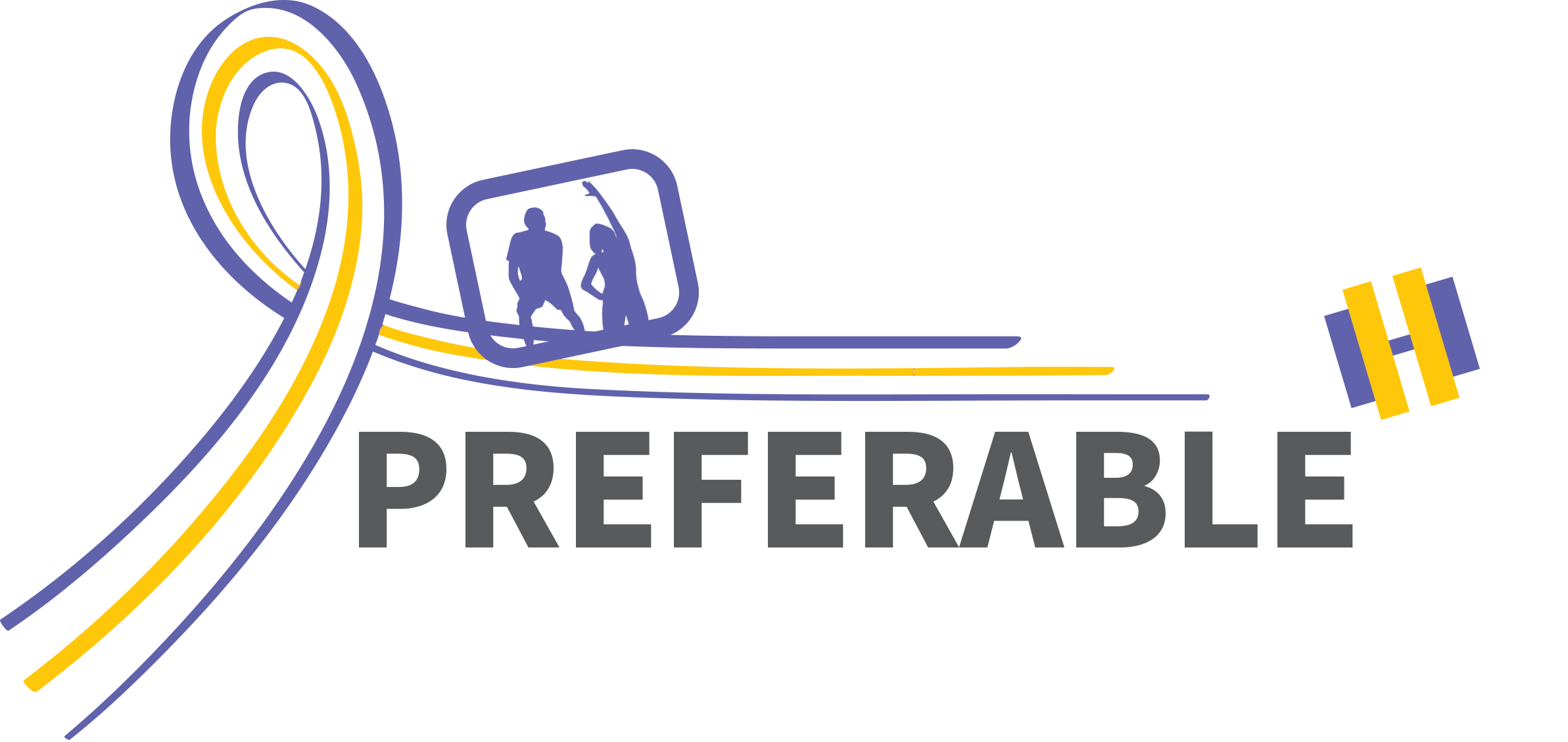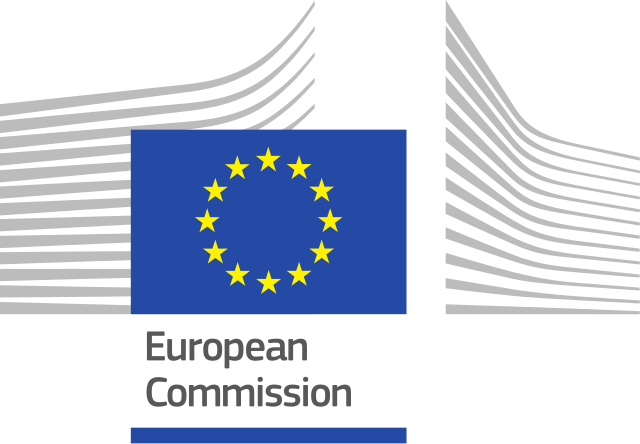With over 12 million cancer survivors relying on supportive care across the EU, it is essential to provide them with (cost-)effective interventions tailored to their specific needs. Many survivors suffer from long-term side effects that can lower their quality of life, physical functioning, and productivity. Exercise interventions have proven to be uniquely beneficial in managing both physical and psychological complaints. However, their effects are strongest when tailored to a patient’s specific burden, e.g. fatigue, low physical fitness, anxiety and depressive symptoms or chemotherapy-induced peripheral neuropathy. Moreover, the use of exercise interventions in supportive cancer care is still limited due to a lack of availability, a lack of accessibility caused by time and travel constraints and low awareness.
Our ambition
The PREFERABLE-II consortium sets out to tackle these obstacles and improve the accessibility and health equity of exercise based supportive care strategies by designing a novel personalised, live- remote exercise intervention that:
1) will be tailored to the side effect that bothers the survivor the most (fatigue, neuropathy, anxiety/depression or decreased physical functioning).
2) can be implemented at home, with live-remote supervision from a national broadcast centre.
3) is available to all cancer survivors.
4) incorporates improved patient-centred communication and shared decision making.




